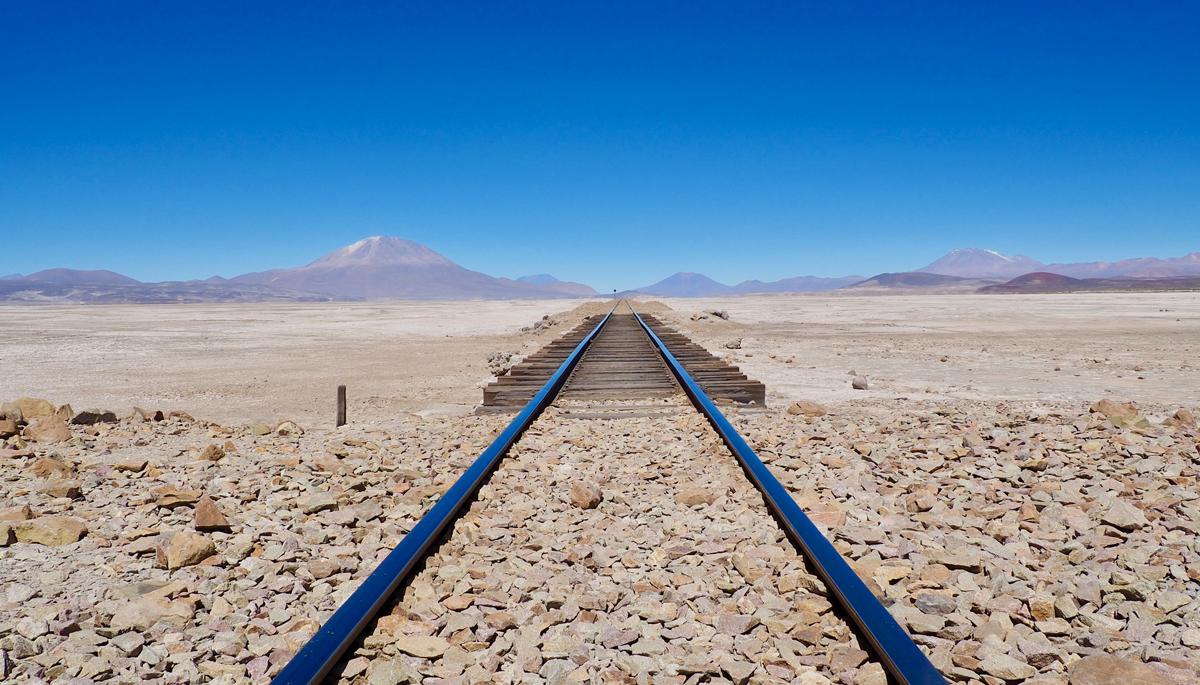Entre Pérou et Bolivie, nous oscillons entre 0 et 5000 mètres d’altitude… Pas toujours simple ! Maux de tête, essoufflement, voire nausées ou vertiges, le mal de l’altitude peut vite devenir un enfer pour les voyageurs qui ne prennent pas le temps de s’acclimater ! Sans compter que lorsque l’on voyage en fauteuil, on a tendance à faire des efforts très intenses à fréquence régulière, que ce soit pour les transferts dans des bus / voitures ou pour monter une rue bien en pente par exemple… Et ça vaut pour nous deux !
La gestion de l’altitude est propre à chacun : on y est sensible ou pas… Néanmoins une bonne préparation permet d’éviter en partie les difficultés physiques qui y sont liées et donc les risques que votre voyage se passe mal… Voici donc quelques conseils si vous voyagez en Bolivie, dont les villes font partie des plus hautes du monde !
1. Si vous le pouvez, organisez votre voyage comme une ascension progressive
En trois semaines, nous passons de Lima (altitude : 80 mètres, voir nos articles précédents à Arequipa (2300 mètres), Cuzco (3300 mètres), Puno (3800 mètres), La Paz (3600 mètres), Potosí (4070 mètres) et le Sud Lipez (jusqu’à 5000 mètres)… Et ce sans trop de problèmes ! A part quelques maux de tête à Cuzco et un peu d’essoufflement lors d’efforts importants, nous n’en ressentons finalement que peu les effets. Les variations d’altitude favorisent par ailleurs notre adaptation et nous sentons une vraie différence entre notre première et notre deuxième nuit à Cuzco après une « redescente » d’une journée au Machu Picchu (2400 mètres).
2. Prévoyez le temps de vous acclimater
Si vous atterrissez directement à La Paz ou que vous prévoyez d’arriver rapidement dans une ville en altitude, prévoyez un sas d’acclimatation de un à deux jours : pas d’efforts physiques, du temps de vrai repos (allongé de préférence), des activités limitées au strict minimum… On veut toujours profiter à fond de ses voyages, mais surcharger vos premiers jours sur place à une telle altitude risque de vous coûter le reste de vos vacances pour vous en remettre (voire des séjours à l’hôpital en fonction des symptômes… On n’a pas testé mais ça ne nous donnait pas particulièrement envie) !
3. Adaptez votre rythme d’effort
Un peu frustrant parfois, mais il faut savoir s’écouter : certaines personnes mettent plus de temps à s’acclimater et ce n’est pas très grave ! Le simple fait de marcher peut être un effort pour certains quand d’autres seront prêts à faire un trek un peu difficile en une journée ou deux seulement… Si vous vous sentez faible, ne forcez pas ! Vous risqueriez d’aggraver votre cas et de vous retrouver dans des situations très désagréables, mieux vaut se poser un peu plus et se lancer progressivement dans des efforts à la hauteur de vos forces pour ne pas prendre de risques.
4. Prenez soin de vous
Comme toujours bien sûr, mais a fortiori lorsque votre organisme est confronté à un environnement auquel il n’est pas habitué ! Mettez toutes les chances de votre côté et évitez de manger trop ou trop gras : préférez des aliments consistants mais sains et dans des quantités raisonnables (pas toujours simple en Bolivie quand on voit les portions…) ! Idem pour les boissons alcoolisées : moins votre corps aura de choses à faire ou à combattre, mieux il se portera ! Sans compter que les effets de l’alcool sont souvent accentués en altitude… Enfin, dormez bien ! Une bonne nuit de sommeil ou une sieste peuvent vous aider à mieux supporter des conditions difficiles…
5. Écoutez les locaux, ils ont l’habitude !
Ca vaut pour beaucoup de choses en fait : les gens qui vivent sur place en savent de toute façon beaucoup plus que vous sur tout ce qui les entoure… Une excellente raison de suivre leurs conseils (sans jamais mettre de côté son esprit critique et son bon sens bien sûr…) ! Les péruviens et boliviens utilisent beaucoup de plantes pour se soigner en général, et pour aider leur organisme à s’adapter à l’altitude en particulier. Parmi les plus connues, la feuille de coca qu’ils déclinent de plusieurs façons : verte, pour la mastication, séchée pour des infusions… Voire même transformée dans des bonbons. Interdite dans une bonne partie du monde car elle contient entre autres de la cocaïne alcaloïde (pas la drogue donc, mais la substance qui permet notamment de la produire), cette feuille a de nombreuses vertus thérapeutiques lorsqu’elle est consommée en faibles quantités (elle agit notamment sur l’énergie et la digestion)… Alors on ne vous recommande rien dans ce domaine bien sûr, mais sachez simplement qu’il est possible d’en obtenir sur place, avec deux informations importantes : d’abord, il est strictement interdit d’en ramener en France ; ensuite, vous serez testés positifs à la cocaïne pendant une quinzaine de jours après la consommation d’une infusion. A bon entendeur…

